HP and Intel to accelerate HPC efforts
HP and Intel expand on plans to up their high performance computing efforts at a conference in Grenoble.
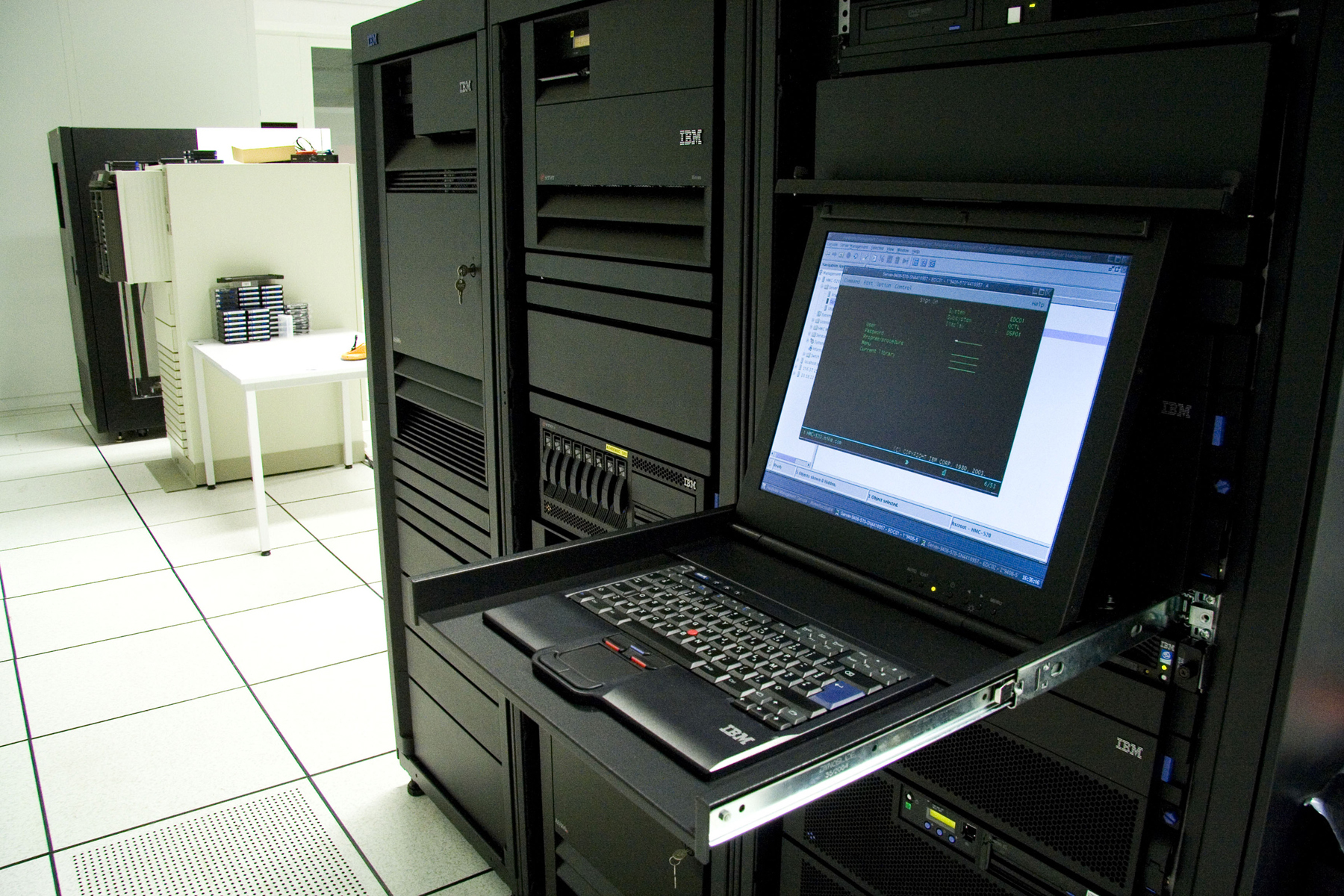

HP and Intel are hoping to accelerate their high performance computing (HPC) efforts "into overdrive," the partners said during a press conference today.
At the HP HPC EMEA Competency Centre in Grenoble, both asserted their commitment to the HPC market an industry increasingly catering for the enterprise market, rather than just high-end needs.
As part of this, Xavier Poisson, director of sales for cloud computing and HPC for HP in EMEA, said the number of nodes at the centre is to double from 3,000 to 6,000.
This project should be completed by the end of the summer, Poisson told IT PRO.
He claimed HPC could cater to all kinds of businesses today.
"HPC today is really something to use in real life and it is bringing value to everything you do today," Poisson said.
"What we see... is that HPC is tackling every single vertical. We used to see it in the past for only large industries."
Get the ITPro daily newsletter
Sign up today and you will receive a free copy of our Future Focus 2025 report - the leading guidance on AI, cybersecurity and other IT challenges as per 700+ senior executives
He explained how HPC could help avoid human risk as well, particularly in the trialling process of manufacturing, such as crash testing.
"It is not only for huge academic pursuits It is covering everything, everywhere. From designing a plane to creating a film," he added.
Intel said it was working on ways to bring HPC capabilities to a wider audience, claiming there was a "missing middle" market who were not using the technology available to them.
"There is the missing middle who are not using HPC why are they not doing it? Because either they have not seen the opportunities or they see it as too complicated," said Stephan Gillich, Intel's director for HPC in EMEA.
"We want to make it easier for those end users to make use of HPC for simulation needs."
Gillich spoke of the advantages "intelligent features" in HPC technologies can bring, such as Intel Turbo Boost, which automatically cranks up the frequency of certain cores to get more power for particular applications when other cores are not in use.
The HPC market
The HPC market looks set to heat up in the coming years as it becomes more relevant to a wider range of businesses.
As a sign the HPC market is growing in prominence, Fujitsu recently re-entered the UK market to help supply the infrastructure for the HPC Wales project.
Google, meanwhile, has set up an initiative offering researchers one billion hours of computational core capacity to help take on some of the biggest scientific challenges the world faces.
HP and Intel plan to get ahead of the game and IDC figures quoted by Poisson showed the former has the lead over rival IBM.
In terms of revenue market share, HP had 31.7 per cent at the last count, compared to IBM's 29.7 per cent.
Intel has a solid grip on the HPC processor market too, powering 80 per cent of the top performing systems globally, according to the TOP500 rankings.
The number one system is using XEON 5670 and three of the top five feature Xeon processors.
Both Intel and HP will continue to invest heavily in HPC technologies, with the former concentrating heavily on relevant chip architectures.
HP, meanwhile, has decided to focus a significant amount of its time on memristor (short for memory resistor) technology to achieve essentially infinite data retention time.
The tech giant will also be concentrating heavily on photonics and fibre optics to produce high bandwidth and high energy efficiency.
According to IDC, Europe is under-investing in HPC, whilst other nations are growing their supercomputer investments dramatically.
"I think the European community is already doing something about this, but the thing to take away is IDC and other people like us, we are of the opinion HPC is a real enabler for the economy," Gillich added.
"It is a key thing for Europe to be a knowledge economy."
He explained how Intel was looking at ways to up HPC speeds from the one petaflop top capability of today.
"The next milestone is 1,000 times a petaflop - the exascale goal," Gillich added.
Tom Brewster is currently an associate editor at Forbes and an award-winning journalist who covers cyber security, surveillance, and privacy. Starting his career at ITPro as a staff writer and working up to a senior staff writer role, Tom has been covering the tech industry for more than ten years and is considered one of the leading journalists in his specialism.
He is a proud alum of the University of Sheffield where he secured an undergraduate degree in English Literature before undertaking a certification from General Assembly in web development.
-
 Should AI PCs be part of your next hardware refresh?
Should AI PCs be part of your next hardware refresh?AI PCs are fast becoming a business staple and a surefire way to future-proof your business
By Bobby Hellard Published
-
 Westcon-Comstor and Vectra AI launch brace of new channel initiatives
Westcon-Comstor and Vectra AI launch brace of new channel initiativesNews Westcon-Comstor and Vectra AI have announced the launch of two new channel growth initiatives focused on the managed security service provider (MSSP) space and AWS Marketplace.
By Daniel Todd Published
-
 Gaining timely insights with AI inferencing at the edge
Gaining timely insights with AI inferencing at the edgeWhitepaper Business differentiation in an AI-everywhere era
By ITPro Published
-
 AI is finally delivering bang for its buck, according to Microsoft
AI is finally delivering bang for its buck, according to MicrosoftNews Is generative AI worth the cost? A new report argues companies make significant returns on every dollar spent
By Nicole Kobie Published
-
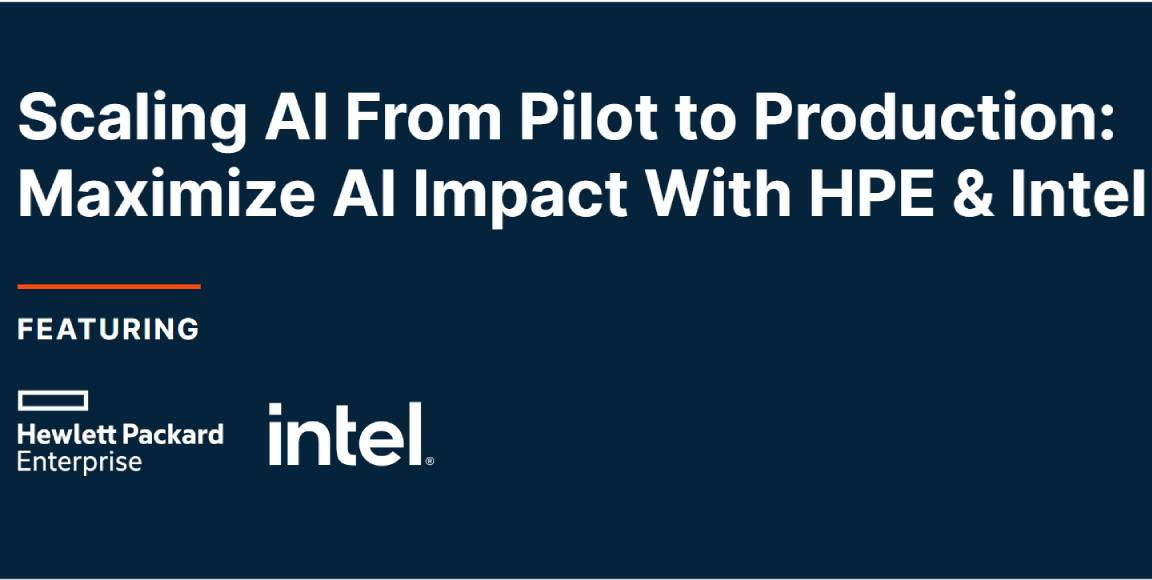 Scaling AI from pilot to production: Maximize AI impact with HPE & Intel
Scaling AI from pilot to production: Maximize AI impact with HPE & IntelWhitepaper Transform AI proof-of-concepts into full-scale implementations
By ITPro Published
-
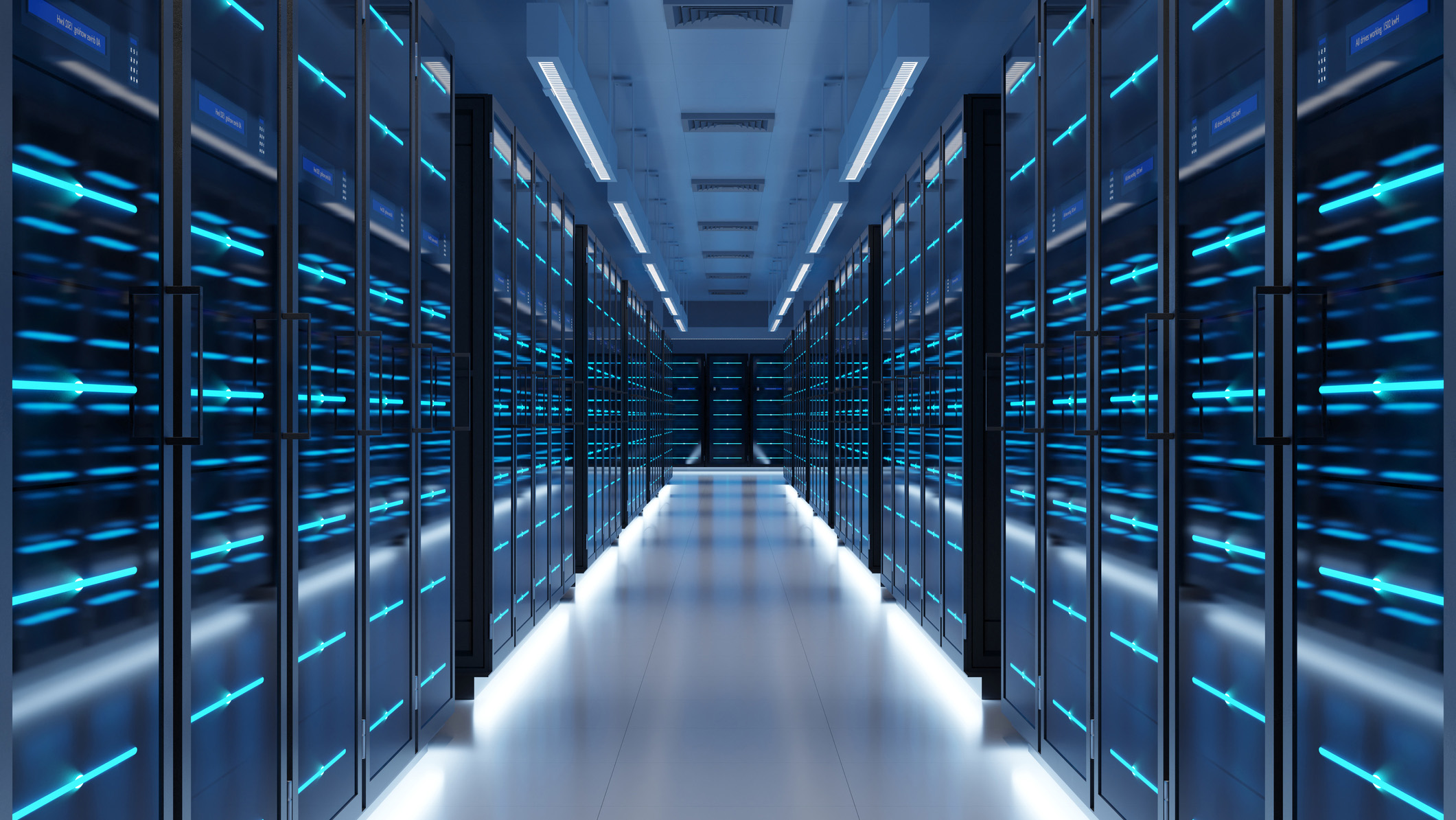 UK supercomputer boom as HPE and Dell receive funding for new AI cluster
UK supercomputer boom as HPE and Dell receive funding for new AI clusterNews The UK’s AI computing capabilities will increase by an order of magnitude in 2024
By Rory Bathgate Published
-
 AI gold rush continues as Hugging Face snags $235 million from IBM
AI gold rush continues as Hugging Face snags $235 million from IBMNews The investment round, which brings the company's valuation to $4.5 billion, also includes Amazon, Google, Intel, and Salesforce
By Richard Speed Published
-
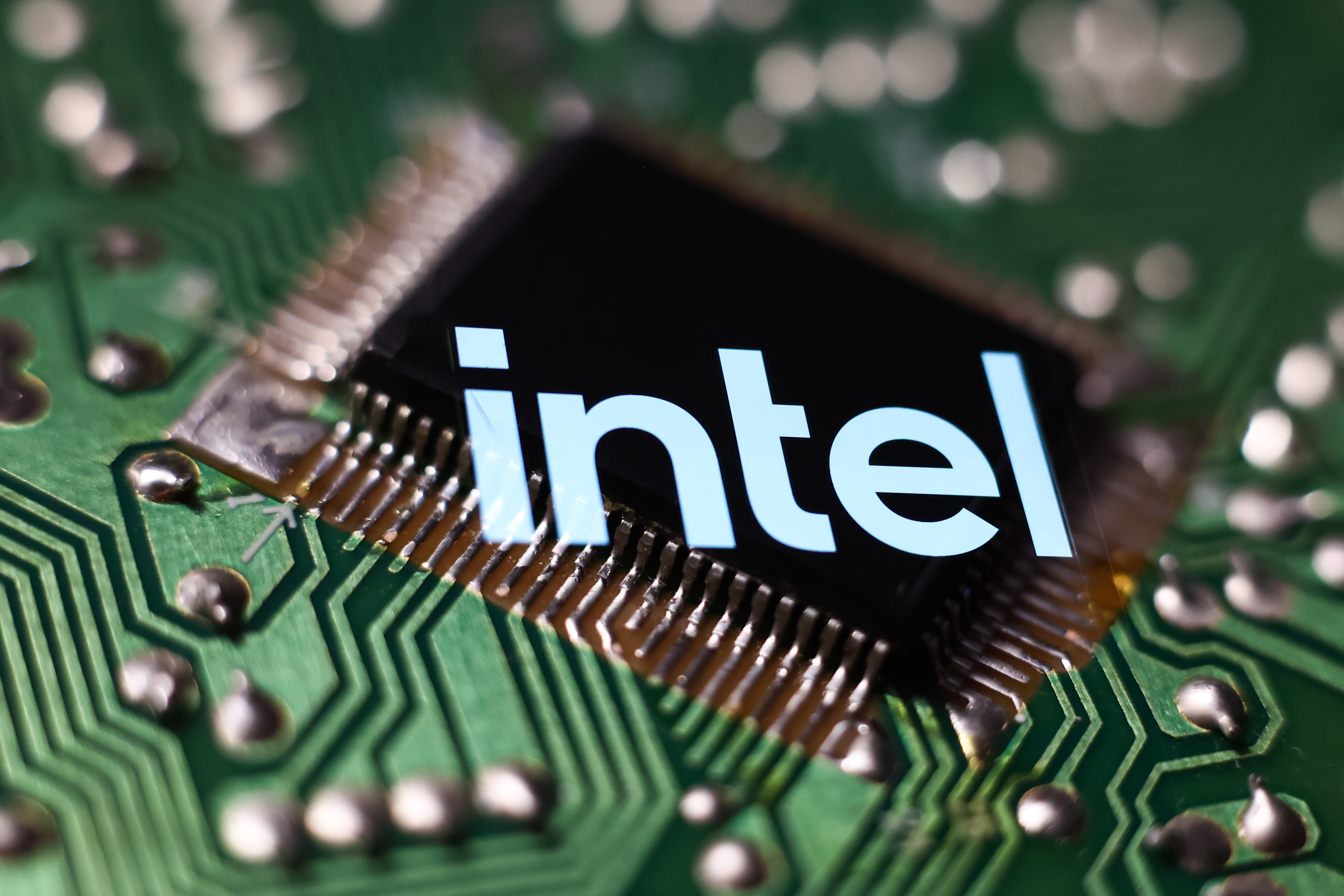 Why is ASUS reviving Intel’s NUC mini-PC line?
Why is ASUS reviving Intel’s NUC mini-PC line?News The diminutive PC is to rise again while analysts look for the business case
By Richard Speed Published
-
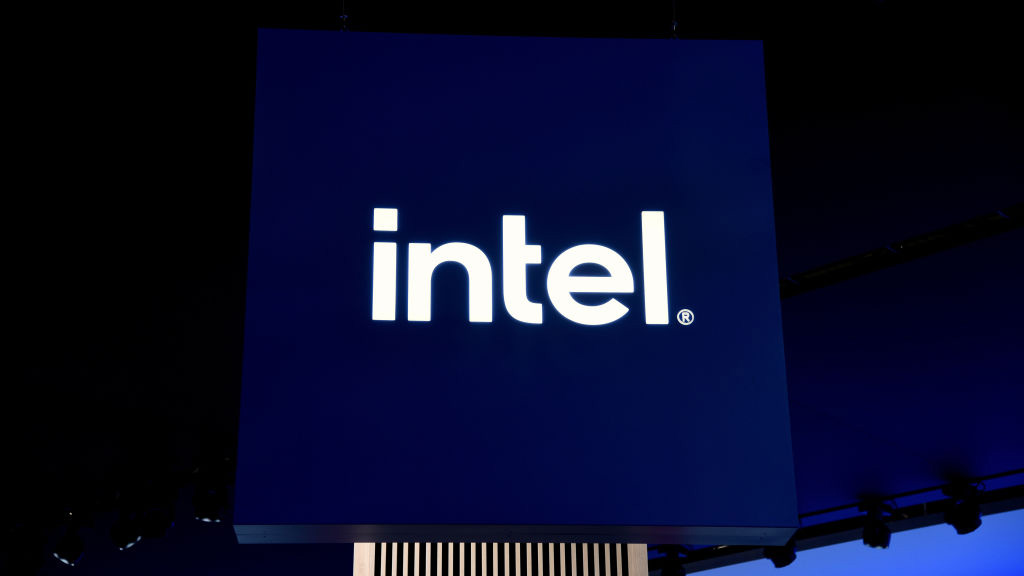 Intel targets AI hardware dominance by 2025
Intel targets AI hardware dominance by 2025News The chip giant's diverse range of CPUs, GPUs, and AI accelerators complement its commitment to an open AI ecosystem
By Rory Bathgate Published
-
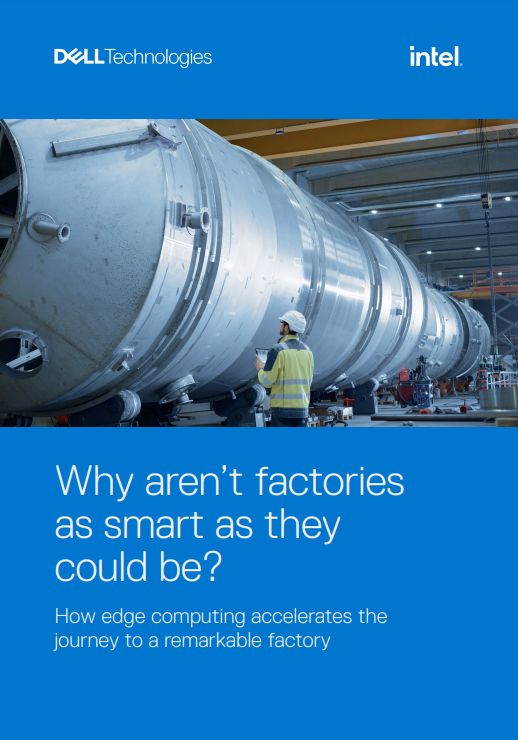 Why aren’t factories as smart as they could be?
Why aren’t factories as smart as they could be?Whitepaper How edge computing accelerates the journey to a remarkable factory
By ITPro Published